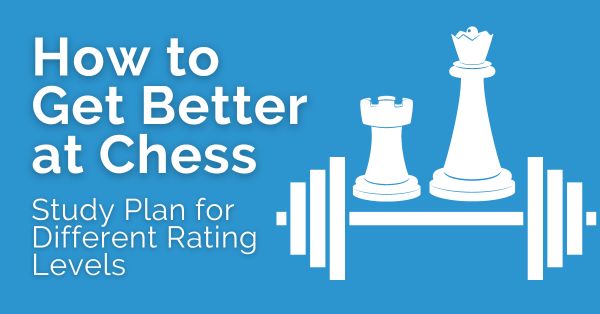How to analyze a chess game?
I have previously talked about evaluating of chess position. Today’s topic is a little different even though it may seem to be similar: analyzing chess game. The main difference is that we’ll concentrate on a whole game analyzes which occurs immediately after the game, in contrast, to the evaluation of a chess position which happens over the board, during the game.
Before telling you how to analyze a chess game, I’d like to tell you how not to. Do not plug a game into a computer engine to see where it went wrong. In fact, you will learn hardly anything that way. It is like solving the tactics problems by using a Fritz engine.
We all want to improve our chess, become better players and obviously to win more games. A game analysis is a powerful tool, or better say a powerful technique, which can aid you in curing your weaknesses and developing strengths, if used right.
Game is over. Maybe you have won; maybe it was a draw or maybe a painful defeat. Regardless of the result and feelings it is necessary to act like a professional chess player when approaching analysis in order to get maximal gain from the game. You need to write down quick notes about the game as soon as possible after the game’s done, when it’s still fresh in your memory. Especially, concentrate on moves when you had to make a hard choice and moves when the game dramatically changes its state (positional ->tactical, etc).
It is a good idea to separate a game into 3 parts: opening, middle game and endgame. These 3 stages of the game require individual analysis and must be treated separately.
Chess Game Analysis: Opening
When analyzing an opening you need to say, was that line you played a home preparation, or maybe you were tricked out of your opening book by an opponent who played unusual variation or maybe something in between.
Write down your thoughts on the line you played. Was that line sound? Only after you write down your thoughts you should refer to the opening database to check the existence of this line in theory. You may be disappointed to find out that line you opponent played wasn’t any good, but you still couldn’t get a win. It is a very important thing to take notice of. It means you have gained something from the game. You need to study a couple of annotated games on this opening variation played by a high rated players and make appropriate adjustments in your opening repertoire. Next time you face this line you will be better prepared! You may want to check out how to build an opening repertoire from one of my previous articles.
Chess Game Analysis: Middle Game
That’s a stage of the game that comes right after you run out of “theoretical” opening moves.
Write down why you have decided to play one or another move, you may also indicate the alternative moves you have considered and you reasoning behind it (for example, I was thinking about playing Bd7 but was afraid of e5 with a strong initiative). Indicate tactical ideas that you saw, including possible sacrifices you were considering. It is important to formulate the plan of the game. For example it may be a minority attack, a queen’s side pawn attack on the opponent’s king, pressure on isolated pawn or something else. Remember the Botvinik’s saying “bad plan is better than no plan at all”.
Chess Game Analysis: Endgame
In endgame you should take notice of the initial position and try to come up with a winning plan or a drawing plan if your position is worse.
If you get into time trouble often you may want to analyze what type of decisions took you longer, and where exactly have you burned most of your time. You need to have time recorded on your score sheet in order to do time analyzes. Avoiding time trouble is a crucial part of the game of chess.
Below I have presented the game I played about 1950ish rated player, I was playing black.
Ready to start winning games? Check out our store and articles:










Comments: